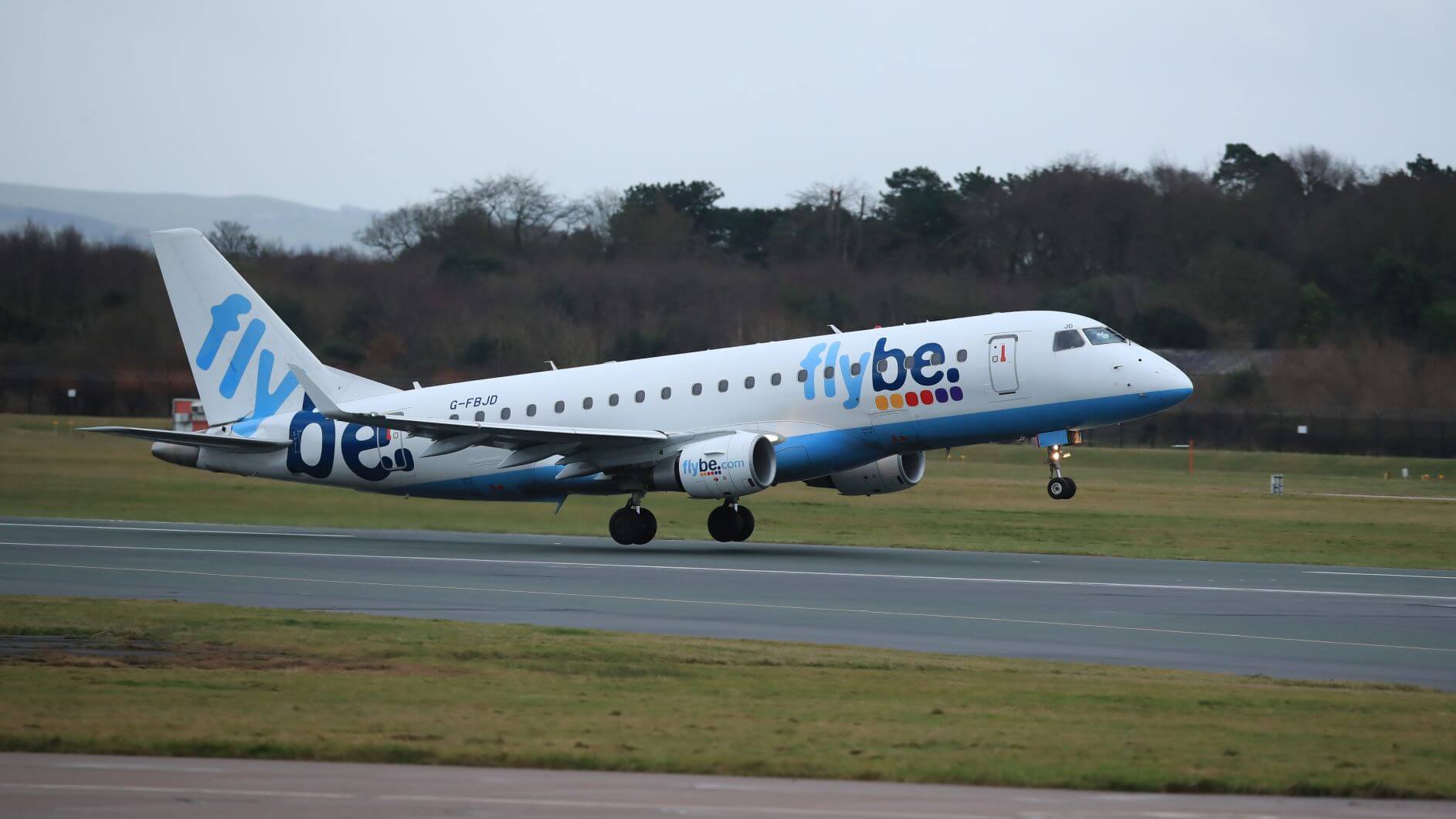Could Digital Transformation Have Prevented Flybe's Decline?
Flybe could have avoided its current turbulence by focusing on service delivery.

The ongoing Flybe saga is all over the headlines. Since the airline was locked in crisis talks, with 2,000 jobs on the line, controversy is mounting over its collapse and bailout.
An agreement has taken place between the Government and Flybe's owner, Connect Airways – a consortium including Stobart, Virgin Atlantic and Cyrus Capital.
But before it got to this crunch point, Flybe really should have taken a long, hard look at the way it delivers its service. The lack of attention given to its digital brand makes this story another example of the struggles of sleeping giants.
Like Thomas Cook, Flybe could have woken up to a changing landscape in time to adapt. These companies have many challenges to overcome, and not least of them is finding the meaning of their brands in a connected world.
While many recognise the need for digital transformation, and invest in making it happen, it’s vital they don’t ignore the role of brand in this digital space. And if you take a quick glance over Flybe’s digital experience, it’s clear they’ve done just that.
The mobile app is rudimentary at best. The design of it looks basic, unloved and poorly crafted. This is a major problem when competitors have a much slicker offering. Take easyJet, which has a great mobile site and decent app.
It’s a brand that also recognises the importance of democratising travel, connecting with new audiences and stretching a little more upmarket.
In December, easyJet launched a multi-million-pound campaign to promote its package holiday offer, targeting a younger generation. It’s refreshing to see a company that challenges the misconception that ‘young people only want to do Airbnb’.
It recognised the importance of reinventing its offer and moving with the times, alongside providing excellent digital tools. Whether people – particularly young people – will buy into easyJet’s attempts is yet to be seen. But it’s a smart move either way.
Because, generally speaking, the digital experiences of airlines are patchy at best. And there are so many missed opportunities by brands like Flybe. Think about the power of the devices we have in our hand, and the length of the user journey when travelling.
Browsing destinations, before selecting and booking flights. The anticipation, shopping, packing and preparation in the weeks, days and hours before a trip. Negotiating the journey to – and through – the airport, onto the flight, through the arrival airport and the journey onward.
Every one of these points is a chance to build excitement, address concerns and provide support. And every one is a chance to build a brand with meaning and relevance, through the kind of digital tools that consumers have come to expect.
When done well, these experiences give the sense of having a personal assistant or travel coordinator in your pocket. They can offer a feeling of luxury, attentiveness and care which would previously only be available to first-class jetsetters.
But there is a required level that kind of experience needs to meet, both in terms of utility (what it offers) and style (the way it delivers it).
When utility and style come together, we get an experience that feels greater than the sum of its parts. We feel looked after, as if our needs are anticipated before they arise. The brand can behave with confidence, because it gives us confidence in what it’s delivering.
But when it feels cheap and unloved, that’s also the overall impression of how we’re being treated. It’s interesting that Virgin is ultimately now the co-owner of Flybe, as examples like this project from Work & Co for Virgin America show what a good digital experience for an airline can feel like.
There are so many opportunities for airlines to be involved in a rich user journey, but often all we get is the standard package. Investment in decent digital customer experiences shows us what a brand cares about.
By helping to excite and inform customers, ultimately they will help to keep people in jobs. And if brands can’t deliver that well enough to show they care, perhaps they don’t deserve to survive in today’s connected world.
Digital transformation is not the only challenge sleeping giants like Flybe must rise to, but it is one they can’t afford to ignore. The ones who recognise this, and take action now, can be the giants of tomorrow. But those who continue to ignore the issue may soon find their time to wake up has passed.
Rob Coke is co-founder and Client Director at Studio Output.
Thanks for signing up to Minutehack alerts.
Brilliant editorials heading your way soon.
Okay, Thanks!

